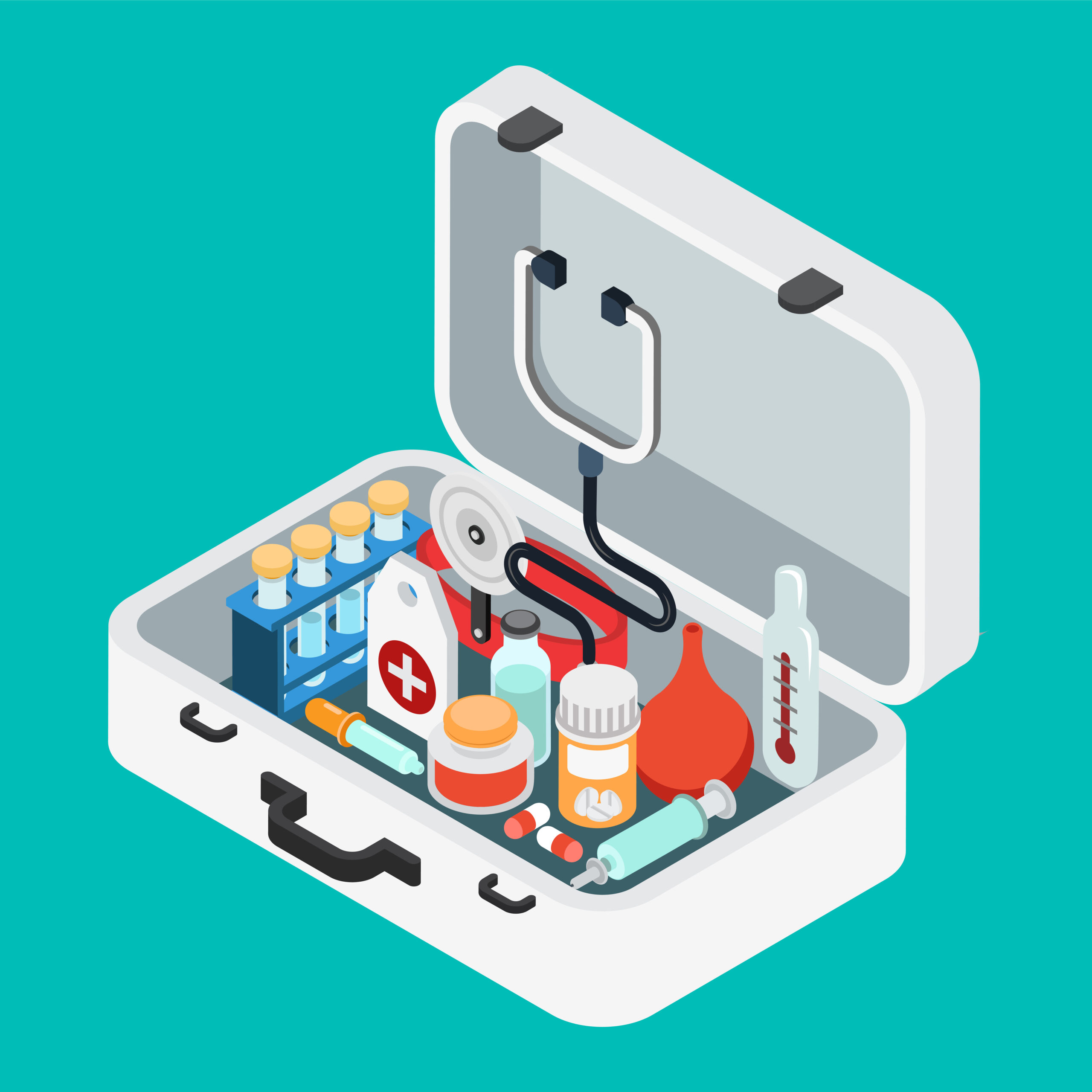First Aid Tips for Common Injuries and Emergencies
Admin/ August 28, 2024/ Uncategorized
First Aid Tips for Common Injuries and Emergencies

No matter how careful you are at home, accidents happen. Cuts, burns, and sprains are common injuries that require immediate attention. Staying composed and knowing basic first aid can make a big difference. Plus, it’s a good idea to check your first aid kit monthly for expired items and keep it in a familiar spot so everyone knows where to find it. Here are some essential tips to handle minor injuries:
- Scalds / Burns
- Remove Nearby Items: Take off any accessories near the burn, like watches or jewelry, but don’t try to remove anything stuck to the skin.
- Cool the Burn: Run the burn under cool tap water for 10-20 minutes. Avoid ice or ice water as the drastic temperature change can worsen the injury and introduce bacteria.
- Dry and Cover: Gently dab the area dry with a clean cloth. Avoid fibrous materials like tissue that might stick. Cover the burn with a non-stick dressing or clean plastic cling wrap.
- Seek Help: If redness or pain persists for more than a few hours, consult a doctor.
- Cuts
- Clean the Wound: Wash the area with soap and water to remove debris.
- Dry and Pressure: Dab the wound dry with a clean cloth. Again, avoid fibrous materials. Cover with a clean cloth and apply pressure for about 5 minutes. If bleeding continues, apply pressure for another 5 minutes.
- Protect the Cut: Apply an antiseptic ointment, then cover the cut with a band-aid or non-stick dressing.
3. Sprains
- Rest and Immobilize: Keep the sprained area still to prevent further injury.
- Ice: Apply ice for up to 20 minutes every three hours to reduce swelling and pain.
- Bandage: Support the sprain with a bandage, but not too tightly. Ensure blood circulation is not restricted.
- Elevate: Raise the sprained area to improve circulation and reduce swelling.
Be Prepared, Stay Safe
At New Marketlink, we emphasize the importance of being prepared for emergencies. Regularly checking your first aid kit and knowing these basic first aid steps can help prevent minor injuries from becoming major issues. Always consult a doctor if an injury doesn’t improve or if you’re unsure about the best course of action. Stay safe and be ready!


